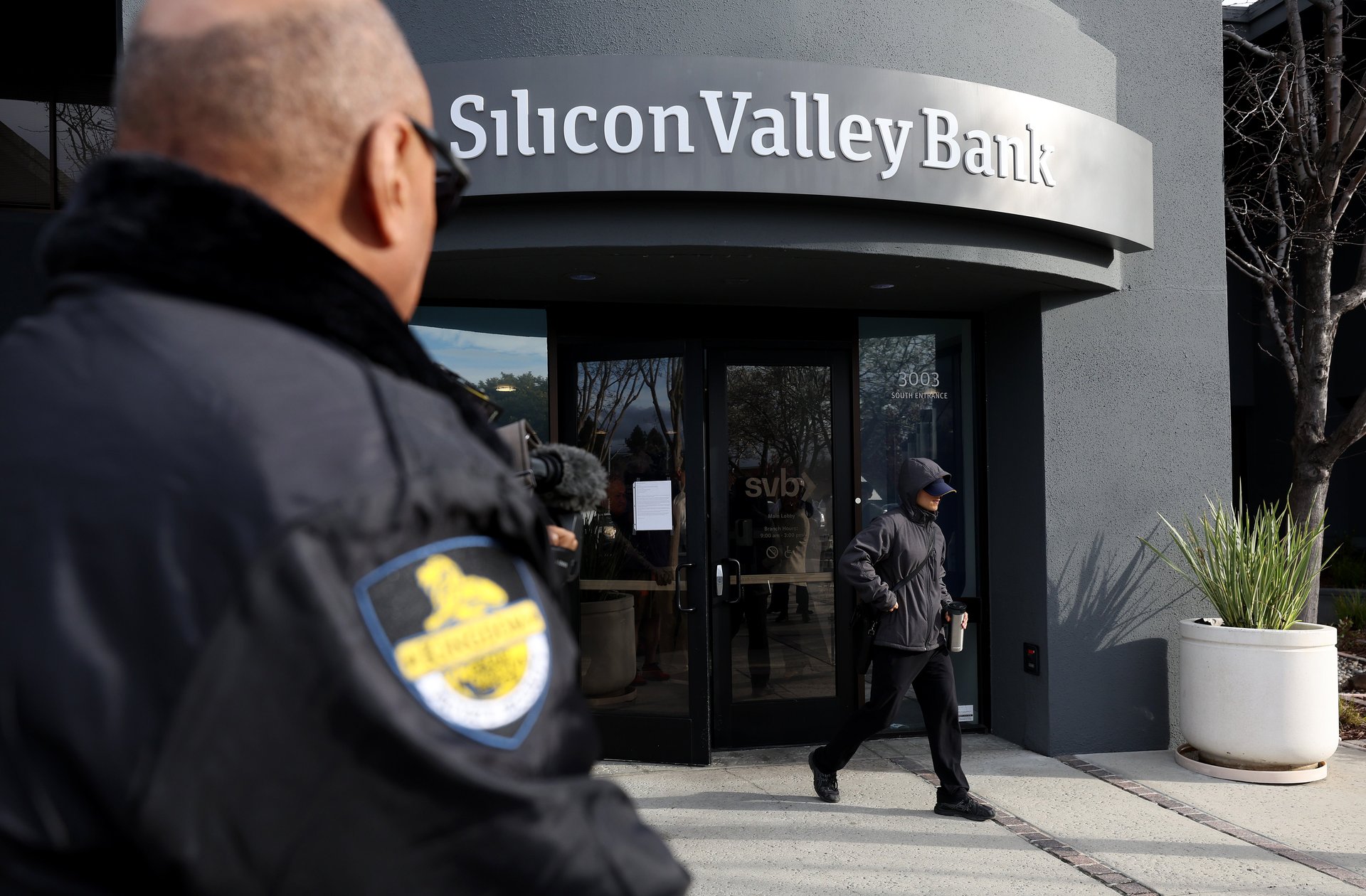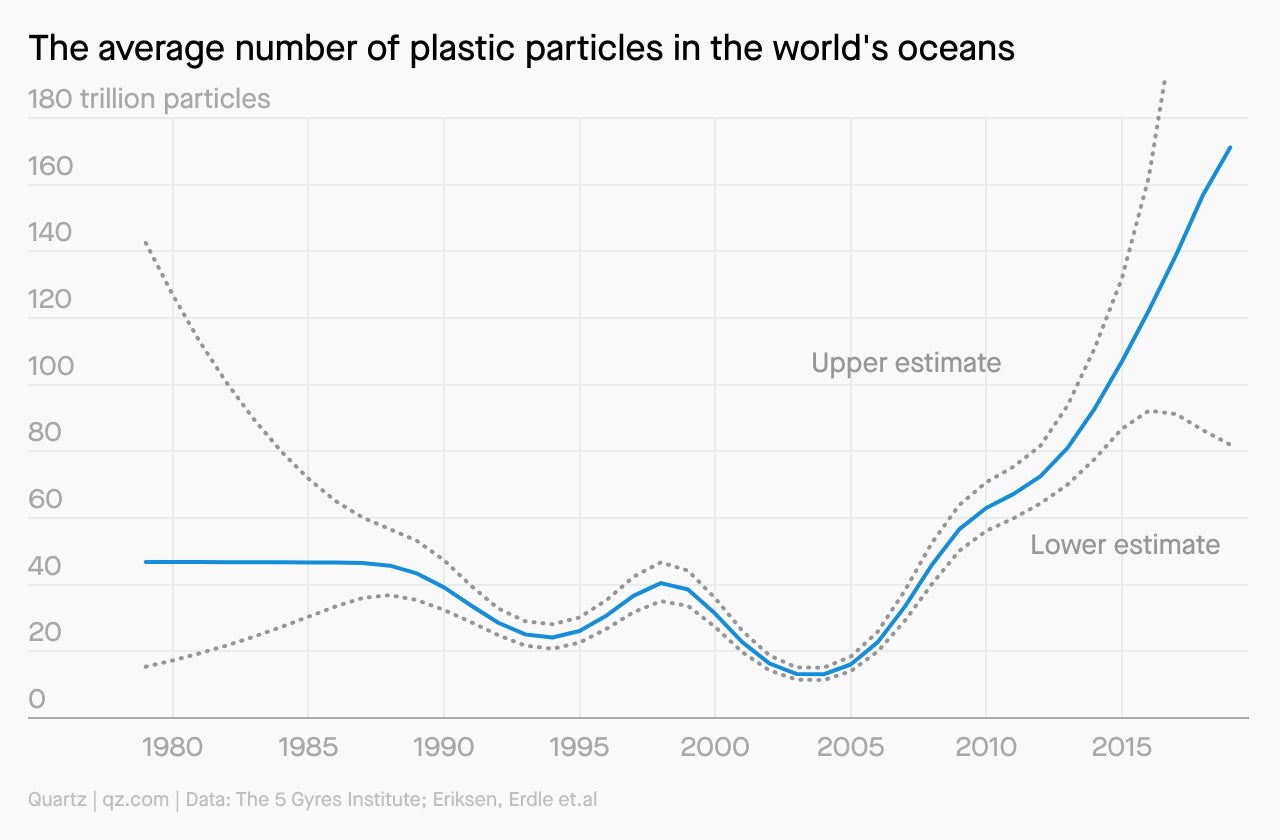🌏 SVB’s global fallout
Plus: A never-ending wave of microplastics

Good morning, Quartz readers!
Here’s what you need to know
Silicon Valley Bank’s collapse hit global financial hubs. China, India, and the UK are among the countries racing to shield their economies from the failure of the 16th largest bank in the US.
Pfizer made one of the biggest pharma deals in history. The US drugmaker agreed to pay $43 billion in cash for cancer biotech firm Seagen.
Russia signaled support for a grain deal extension—but only for 60 more days. The UN-brokered deal, made last July between Russia and Ukraine, has helped lower global food prices.
India’s retail inflation eased in February. Prices are still higher than the country’s central bank wants, meaning rate hikes are likely on the way next month.
What to watch for
Japanese workers are awaiting the outcome of the annual “shunto” wage negotiations between the government, top businesses, and union leaders on Wednesday (March 15), with economists predicting one of the most significant wage hikes in decades. But will the average pay increase be enough to meet the central bank’s goals of a wage growth that matches inflation?
Diego Lasarte looks at the negotiations’ stakes, as well as how shunto, loosely translated as “spring offensive,” came to be.
The oceans’ plastic problem isn’t even close to cresting
The oceans are teeming with plastic—upwards of 170 trillion particles of it—and that figure is exponentially growing.

By 2040, the rate of plastic entering the world’s waters is expected to increase to approximately 2.6 times what it was in 2016. As Clarisa Diaz reports for Quartz, drastic policy changes are needed to shift the responsibility from consumers to producers.
Surprising discoveries
Africa is splitting in two. Six land-locked countries could one day have a coastline.
Flicking someone off is a god-given right in Canada. A judge’s ruling is in: niceness be damned.
The Scream franchise just had its best opening. The sixth installment in the slasher series was a favorite among younger audiences.
Growing versus showing can be explained by science. We’ll let the urologists that studied hundreds of penises take it from here.
Much of the equipment we use to fight megafires are retrofitted World War II planes. It’s probably time for an upgrade. On the latest episode of the Quartz Obsession, visual journalist Clarisa Diaz and host Annalisa Merelli discuss firetech—Silicon Valley’s name for the technology it’s developing to tackle our growing wildfire problem.
🎧 Listen on: Apple Podcasts | Spotify | Google | Stitcher
Our best wishes for a productive day. Send any news, comments, Canadian meanness, and Neve Campbell posters to [email protected]. Reader support makes Quartz available to all—become a member. Today’s Daily Brief was brought to you by Clarisa Diaz, Sofia Lotto Persio, and Morgan Haefner.